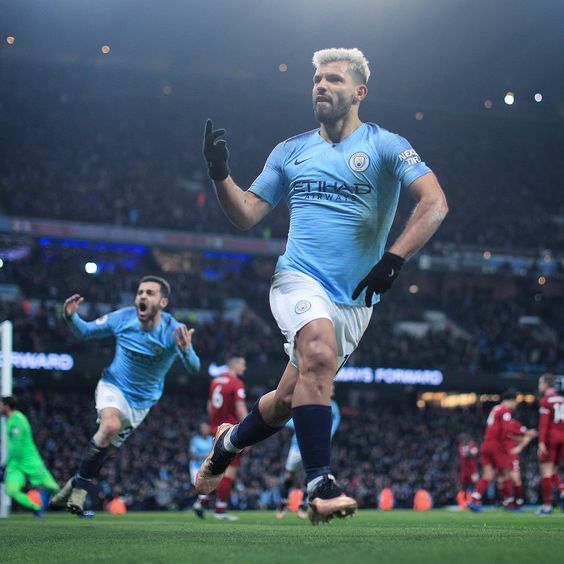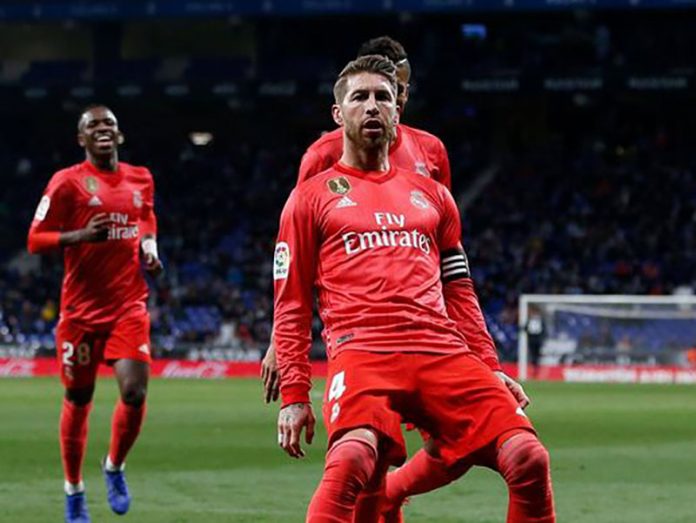Some of the biggest brands in the world are football clubs. You only have to look at the insane amount of money some of them make. The top five clubs listed in the latest Deloitte Football Money League include Real Madrid as the world’s richest club, raking in £665 million last season. Madrid are followed by Barcelona (£612 million), Manchester United (£590 million), Bayern Munich (£557 million) and Manchester City (£504 million). The fact that these clubs routinely pull in £500 million in revenue is in large part due to them being global brands in much the same way as, say, Apple or Google. While they are not multibillion-pound enterprises, they are in a league of their own. The question is, how have they built their brand to get to this level?
Winning certainly helps. In an iNews report about the richest football clubs on the planet, Dan Jones attributes Real Madrid’s financial performance to their “long history of success on the pitch,” notably their three consecutive Champions League trophies. This success translates to commercial success, too, as “the appetite to partner with Europe’s most successful clubs remains stronger than ever.” In other words, winning is the catalyst for business partnerships from commercial brands, and Real Madrid have plenty with Adidas, Emirates, Audi, Hugo Boss, and Coca-Cola. Moreover, check out the top club global brand fotbollströjor.

IMAGE CREDIT: Pinterest
Like Real Madrid, reigning La Liga champions Barcelona have a long history of success as well. They are actually in competition with Real Madrid, both on the pitch and off it. Barça’s winning tradition means big brands want to be affiliated with them as well. To date, Nike, Rakuten, Gillette, Stanley, and Oppo are some of Barcelona’s notable sponsors and/or partners. City, on the other hand, have parlayed their winning ways into lucrative sponsorships, notably its £400 million agreement with Etihad Airways. Said deal has been a boon for City, with Etihad, for instance, hosting in 2018 the 15-city Manchester City Trophy Tour in honour of the club’s Premier League and Carabao Cup victories. City-themed videos, like the one below, are also shown on all flights. Not to mention, there’s an entire aircraft painted in City’s trademark sky blue, with their club name emblasoned on the plane. Not to be outdone, United have their fair share of lucrative deals, too, including one with an airliner in Aeroflot. They are also partners with global brands such as Adidas, New Era, and Uber.

IMAGE CREDIT: Pinterest
Recently, top-tier football clubs (and teams from other professional leagues) have started tapping into the encompassing reach of digital media by creating and distributing content such as photos, videos, and even full-length shows, like Real Madrid’s “Hala Madrid” (on Facebook Watch). Business Insider claims that clubs are now thinking like digital media companies focusing on gaining attention and then “monetising” that attention. It just so happens that sport is the perfect platform for content creation, explains Craig Howe, founder and CEO of a well respected digital strategy firm. “Sports lends itself perfectly to content creation — it’s a genre that people are passionate about watching, about expressing their opinions, and most importantly, about sharing,” Howe told Business Insider.
City, like Real Madrid, are thinking like a digital agency. A Forbes feature on City’s digital strategy notes that the club recognise their “national and global armchair followers,” most of whom can only watch the games on TV or via live streams. They are, thus, making a concerted effort to reach out and engage with these fans, mainly through the Man City Cityzens digital membership platform. This platform offers fans around the world personalised City-centric content, like videos, images, and games. Currently, there is plenty of activity on the platform, with City in the midst of another successful season. Despite recent injuries, City have been in top form and as a result, bwin Sports have them the betting favourite to win the Champions League. If City do win the CL, they’ll be a title closer to an unprecedented quadruple — an achievement that would see them as the first English club to achieve this particular feat. It might even push City past United in terms of revenue. Remember, companies love winners, and there is no greater feat in sports than making history.
Additionally, City are also one of several football clubs that have tapped into the already massive eSports fanbase. The soon-to-be multibillion-pound industry has fans and players all around the planet, which can provide a new fanbase for football clubs. City have collaborated with eSports organisation Epsilon, which has been participating in competitive FIFA competitions since 2012. Rivals United have done the same, along with every other club in the Premier League, as they are headlining the e-Premier League; the eSports equivalent of arguably the world’s most recognisable and competitive league. Real Madrid, meanwhile, have included an eSports arena at the Bernabeu, a move no doubt aimed at appealing to the wider eSports community. Getting involved in this industry is fast becoming the norm among football clubs, and for good reason: It is an effective way to connect with a previously untapped fanbase, thereby enhancing a club’s global appeal.
Raising a brand’s profile is a massive challenge, one that we touched on in our previous article on ‘The Ten Key Lessons Every Marketer Should Know’ post. The key is to seek innovative approaches that will capture the attention of people (or the fans, in the context of sports). The world’s richest football clubs have done exactly that, and that is why they have truly gone global.





































